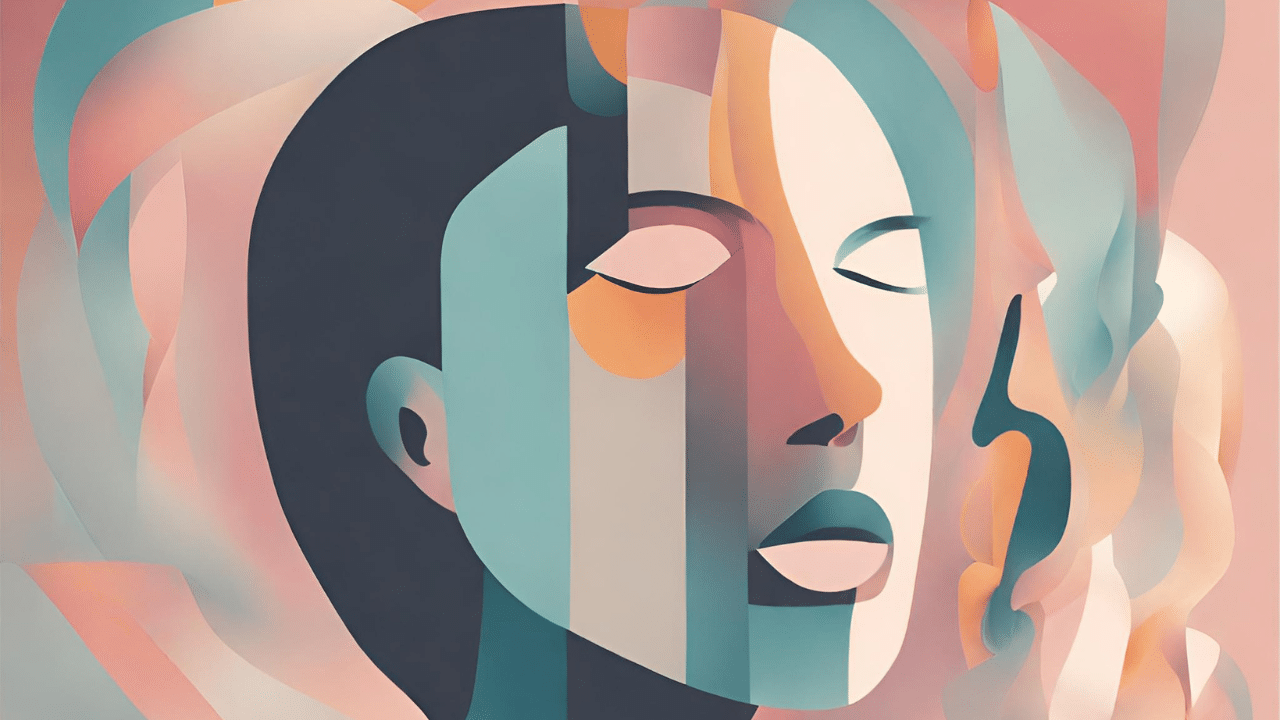Dialectical Behavior Therapy (DBT)
Home // Treatment Approaches // Dialectical Behavior Therapy (DBT)
What Is Dialectical Behavior Therapy?
Dialectical behavior therapy (DBT), a type of cognitive behavioral therapy (CBT), was developed by the Linehan Institute to treat chronically suicidal individuals with borderline personality disorder (BPD). This treatment is now widely accepted as the standard psychological treatment for this population, as well as other mental health conditions, such as depressive disorders, anxiety disorders, substance use disorders, and more.
5 Goals of DBT
Improve Emotional Regulation
Develop Mindfulness
Achieve a Sense of Self-Respect
Enhance Interpersonal Skills
Increase Distress Tolerance
Benefits of Dialectical Behavior Therapy
Enhanced Emotional Control
DBT equips individuals with practical skills to manage intense emotions, reducing impulsive and self-destructive behaviors.
Improved Relationships
By learning effective communication and interpersonal skills, individuals can build healthier, more satisfying connections.
Reduced Self-Harm
DBT has been proven effective in reducing self-harming behaviors such as cutting or burning.
Decreased Substance Abuse
For those struggling with addiction, DBT can be a critical component of recovery, helping individuals resist the urge to use substances as a coping mechanism.
Less Frequent Hospitalizations
Greater Quality of Life
How is DBT Used in Addiction and Mental Health Treatment?
DBT is a versatile therapy that can be tailored to fit the specific needs of each individual. It is typically delivered through one-on-one therapy sessions, group therapy, or a combination of both. This therapy can also be combined with other treatment approaches as a part of an individualized treatment plan. Here are some ways that DBT is used in addiction and mental health treatment:
Individual Therapy
A therapist works closely with the client in individual sessions to address their unique challenges and goals. Together, they develop coping strategies, set achievable objectives, and monitor progress.
Group Therapy
Group therapy sessions provide a supportive environment where individuals can practice their newly acquired skills. Participants share their experiences, learn from others, and receive feedback and guidance from the therapist.
Homework Assignments
DBT often includes homework assignments to reinforce what’s learned in therapy. These assignments help individuals practice their skills and apply them in real-life situations.
Mindfulness Practice
Mindfulness is a key component of DBT. Individuals are encouraged to practice mindfulness regularly, helping them become more aware of their thoughts, emotions, and reactions.
Treatment of Co-occurring Disorders
For individuals dealing with both addiction and mental health issues, DBT can be integrated into a comprehensive treatment plan. It addresses both the addiction itself and the underlying emotional challenges.







